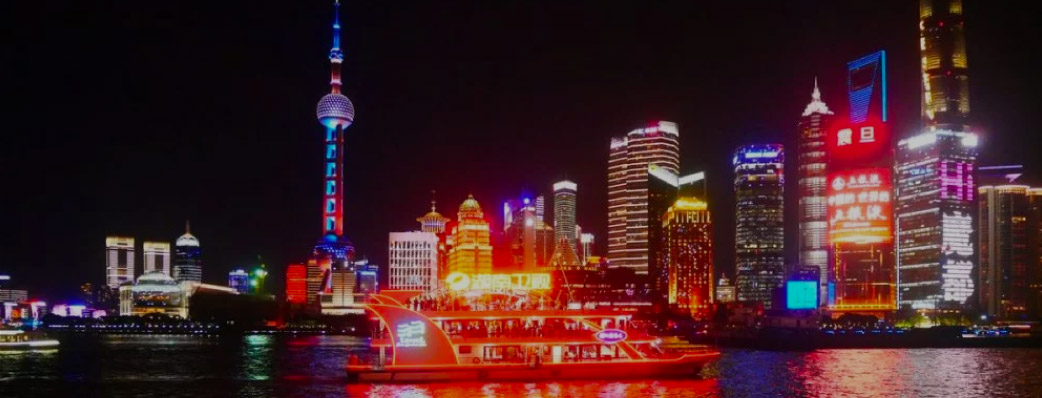China Daily writer He Wei has been tracking the country’s auto market over the past year. He now reports that, as automakers scramble to offer lucrative deals to attract environmental protection-conscious buyers and embrace the country’s carbon neutrality goal, the electric vehicle market is getting ready to switch into high gear in 2021.
The company that appears to be leading the pack is United States EV manufacturer Tesla, which will soon roll out its Model Y, the second Tesla model produced at its Shanghai plant. The company reported on January 2 that it will be delivering nearly 500,000 cars globally that will be produced in Shanghai in 2020.
Tesla has said production of the Model Y, a compact crossover sport utility vehicle, has begun in its Shanghai’s Lingang Special Area, with deliveries expected to begin in Q1.
Tesla has managed to nearly hit the 500,000 threshold thanks to a record high fourth quarter, with 180,570 cars delivered in the three months ended December-30 percent higher than the previous quarter. The development came just a day after the automaker’s announcement that it took orders for its China-made Model Y at lower-than-expected prices. The Long Range model, which can go as far as 594 kilometers on a single charge, starts from 339,900 yuan ($52,091).
The pricing is competitive enough to boost demand for Tesla in China, said Bill Russo, founder and CEO of consultancy Automobility.”China will continue to fuel Tesla’s global growth in 2021, more so than ever,” Sharon Li, an analyst at JL Warren Capital, said in a recent note.
With the world’s largest auto market, China has set a target for new energy vehicles, including plug-in hybrids and hydrogen fuel cell vehicles, to make up 20 percent of auto sales by 2025, up from around 5 percent in 2020.
Competition is heating up in the country’s burgeoning EV market as domestic and foreign players unveiled emission-free cars to cut pollution as China seeks its long-term goal of reaching carbon neutrality by 2060. While continuing to bolster the sector’s development, the country has begun to cut subsidies for NEVs by 20 percent this year.
Despite the reduction, the national subsidy scheme has essentially been extended for two years from the end of 2020 to the end of 2022 as a way to “stimulate the automobile market impacted by the COVID-19 pandemic and the global downturn of the auto industry”, according to the International Council on Clean Transportation in a recent report.

SHARE